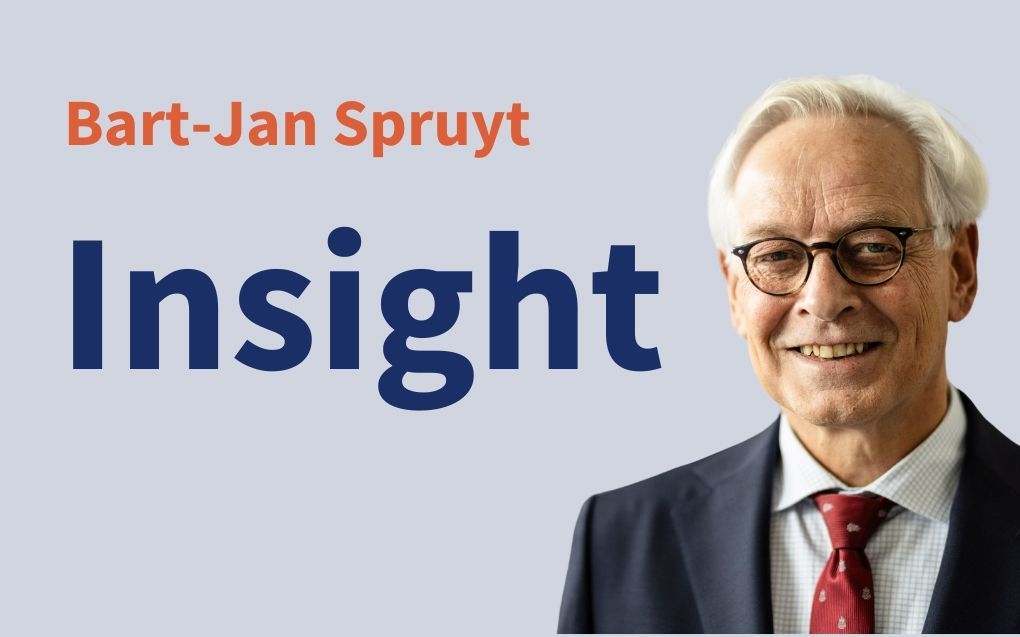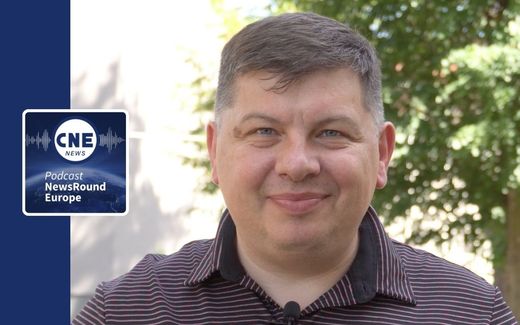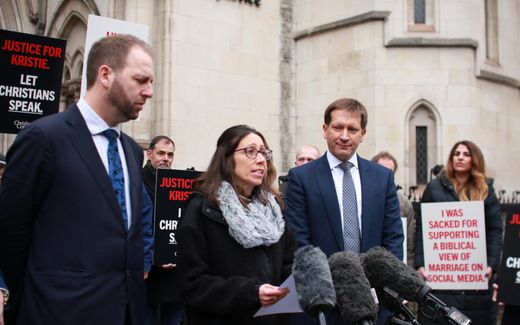What can Christians, in their ‘backward states’, expect from liberals?

Photo CNE, André Dorst, Canva.com
Opinion
Christianity shaped the European continent. But in most countries, believers are in the minority now. And they ask: What is happening in and through the events? Where does all this come from?
Stay up to date with Christian news in Europe? Sign up for CNE's newsletter.
At first sight, liberalism is a beautiful word. It claims to be the ideology of liberty for free citizens. And free citizens, isn’t that what we all want to be?
Christians, of course, are aware of a more profound sense of liberty. We know we come into this world outside of God’s graceful presence. In the most profound depth of our souls, we must be liberated from the evil of sin that separates us from life with God.
However, this theological notion does not affect the idea that all people, as citizens of any particular country, have the right to be free: to express themselves and confess what they believe, alone or in association with others.
Liberalism was the ideology that granted these rights and freedoms. In its classical form, liberalism fought for these freedoms against monarchs with absolutist and tyrannical inclinations.
We do not want a situation in which we have to share the monarch’s faith, in which we may be censored for speaking out our opinion or in which we are not free to associate with other people because these monarchs regard such meetings as a threat to the unity and conformity they want.
Classical liberalism understood that modern society was no longer monolithic but composed of different groups with their own beliefs, convictions, values, and norms. Only with force can a government impose some unity on such a pluriform society.
As this use of force is inappropriate, any government’s task is to facilitate the peaceful living together of all these groups within one nation. A liberal government is neutral; it does not take sides and gives room to all confessions within the bounds of the law or Constitution. The political vision called Christian democracy is the Christian variant of this notion.
One simple principle
Unfortunately, there is also another form of liberalism. It is not classical but modern, social, or a liberalism of deployment. Its father is an English philosopher, a man of precocious intelligence, who was also politically active as a member of the Radical party: John Stuart Mill (1806-1873). In 1859, he published an essay On Liberty, regarded as the Bible of modern liberalism.
The book is a long hymn to liberty. It advocates ‘one very simple principle’: “Over himself, over his own body and mind, the individual is sovereign.” By writing this line, Mill structured the idea of liberty into a philosophy and gave it the form in which it is generally known today.
Celebrating man’s autonomy, Mill recognises only one limit. “The only purpose for which power can be rightfully exercised over any member of a civilised community, against his will, is to prevent harm to others”. In other words, our independence is absolute as long as we exercise our freedom without harming other people. We are free to think, say and do whatever we want, shape ourselves and our lives in whatever form we want, and create our own identity, whatever we choose that identity to be.
However, in the introduction to his essay, Mill poses an important question: Can this liberty be granted to everybody? No, is Mill’s answer. “It is hardly necessary to say that this doctrine is meant to apply to human beings in the maturity of their faculties”. Some groups within society do not share this state of “maturity” and hence must be excluded.
Mill distinguished two groups: children (as they are still in a state to “require taken care of by others” and for this reason have to be protected against themselves) and “those backward states of society in which the race itself may be considered as in its nonage”. In the case of these “backward” people, despotism is “a legitimate mode of government in dealing with barbarians, provided the end be their improvement and the means justified by actually effecting that end”. On the way to improvement (progress), compulsion is justified.
Obstacles
Here, we find a pattern that has become all too familiar. Humanity is on its way to progress, and the end of this path is absolute independence, autonomy, and the liberty to create our own identity. In this way, some members of society, living in its “backward stages”, are nothing but obstacles creating delay.
These backward people, still in their nonage (infancy), should be forced to join the majority on its way to ‘improvement’. If we cannot convince or persuade them, compulsion, “either in the direct form or in that of pains and penalties for noncompliance”, is admissible. By the rest of his essay, it becomes abundantly clear that Mill equates these “backward stages” with religious people. Interestingly enough, he uses the word “Calvinists”.
In complete defiance of the classical liberal position –that chose neutrality and kept distance– modern liberals (or social liberals) in the wake of Mill do take a position. They regard the government as an instrument in the strive for progress, forcing people to travel that road. The end of that road is sovereign individuality. The state has a duty to liberate people. Those who do not comply can be compelled to give in, if not by conversation and persuasion, then by “pains and penalties”.
So, it is not persecution that Christians are facing when confronted with a liberal majority. It is the pain of losing your right to expression, the pain of fines and professional bans, and the penalty of losing subsidies, with which the state is steering many things in the preferred direction. These liberals grant you the right to think and speak freely as long as you think and speak rightly, as they do.
We may be more than willing to recognise that the left has taken care of the bills unpaid by the Church in the past, like the care of the poor and suppressed. Still, at the same time, we have to realise that the Millian idea of liberty is at the core of all leftist movements.
Related Articles










